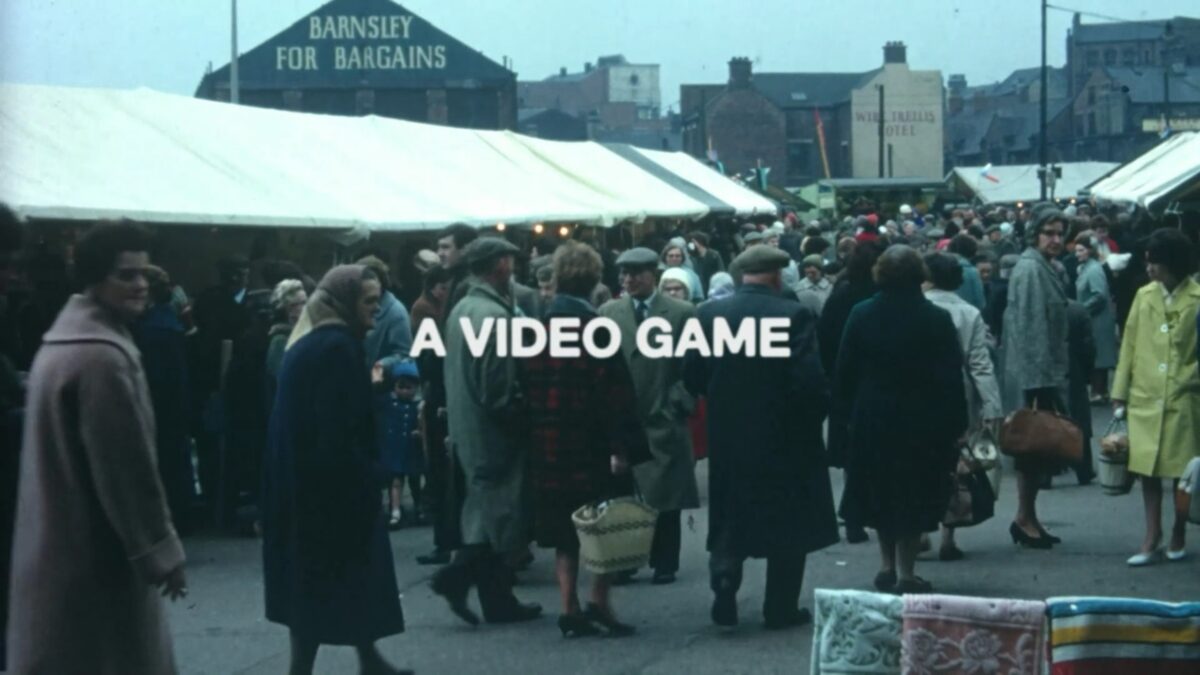It’s been four years since I’ve done an end of year gaming round-up, and the itch to write has returned, since 2024 was a pretty solid year for games.
That said: I’d rather focus this year on the titles closer to the margins and the tiny releases that are easy to miss if someone isn’t directly telling you about them. I don’t need to be the one to tell you Balatro is good, or that the Like A Dragon series is the best it’s ever been, or that the new Indiana Jones game is pretty neat. (And I refuse to admit how much time I continue to sink into Fortnite.)
Games are in purchase order. All links are to Steam although many of these are available on other platforms.
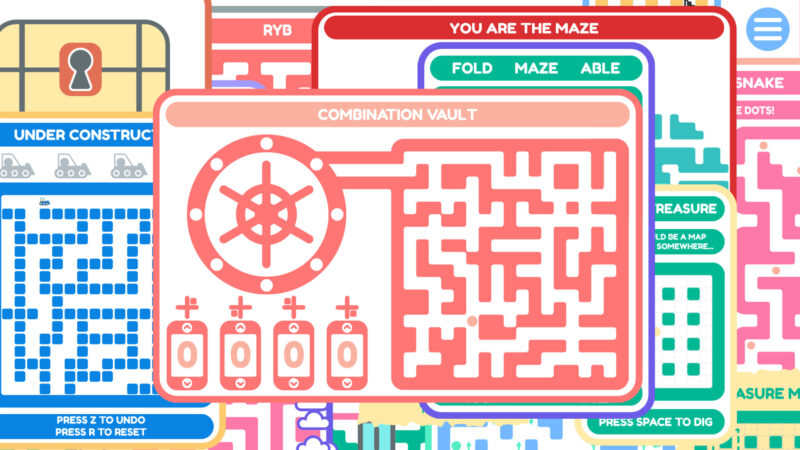
Twenty Small Mazes – I can’t say it better than the actual game description: “This is a puzzle game with twenty small mazes. They’re good mazes, though.” Free to boot.

The Brew Barons – an arcade-style flight sim in the name of building your business homebrewing beer. No, that doesn’t make a lot of sense writing it out either, but trust me.
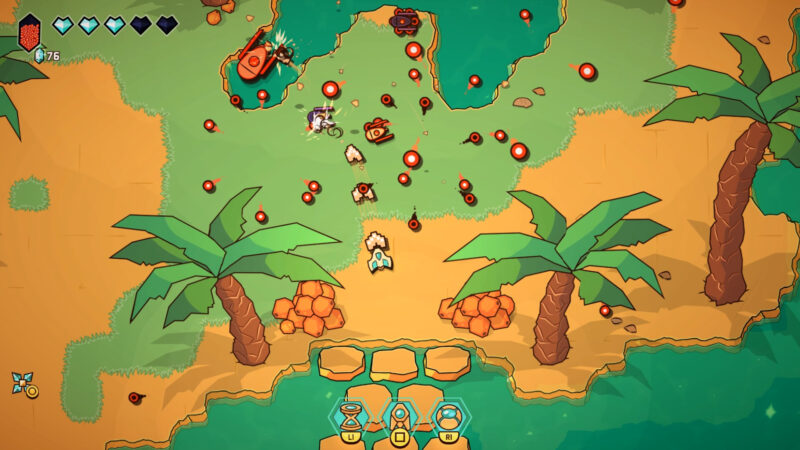
Minishoot’ Adventures – 2D Zelda-style exploration + twinstick bullet hell work shockingly well together.

Lorelei and the Laser Eyes – somewhere between Resident Evil 2 and the Rusty Lake series lies this wonderful puzzle hunt. Of the video game spaces I spent time in this year, Hotel Letztes Jahr will be the most memorable. Bonus points for the phenomenal soundtrack by Daniel Olsén, Linnea Olsson & Jonathan Eng.
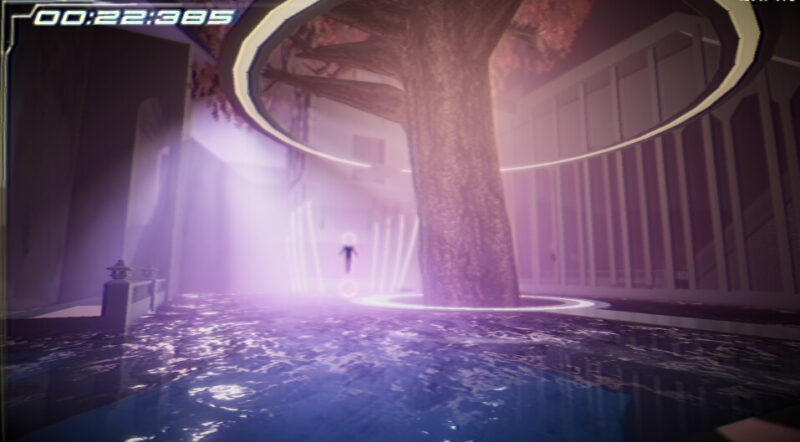
[ECHOSTASIS] – the conclusion to the [ENIGMA] Trilogy (and practically three games in one itself), [ECHOSTASIS] is a sobering and unnerving first person existential crisis.

New Star GP – driving games are always a struggle; the balance between “arcade driftfest” and “simulation hell” is not one many devs can hit. But New Star Games holds the racing line perfectly in this F1-style joy.
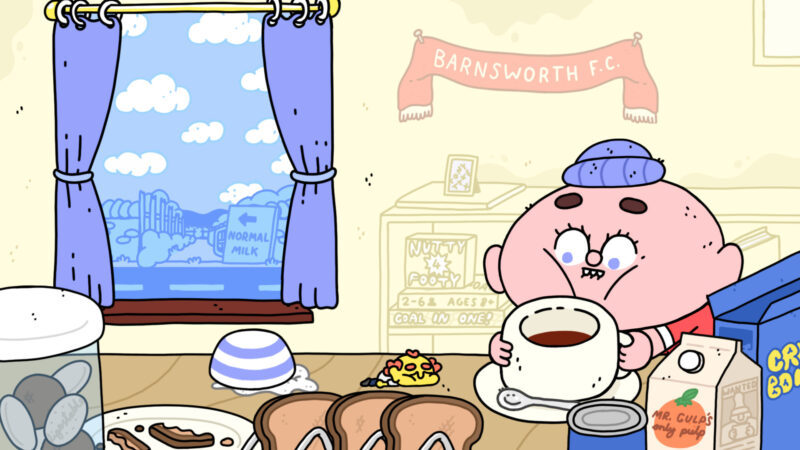
Thank Goodness You’re Here! – the funniest game of the year, by a country mile.

The DevCats “Full Of Cats” Series – I stumbled onto DevCats last year, and my rule of thumb has quickly become “I see a new DevCats release, I buy it and play nothing else for a few hours”. This happened three times this year: Stray Cats in Cozy Town; A Park Full Of Cats; and A Shelter Full of Cats. Finding little kittens hidden in a giant environment is tremendous stress relief, and the proceeds go to cat charities.
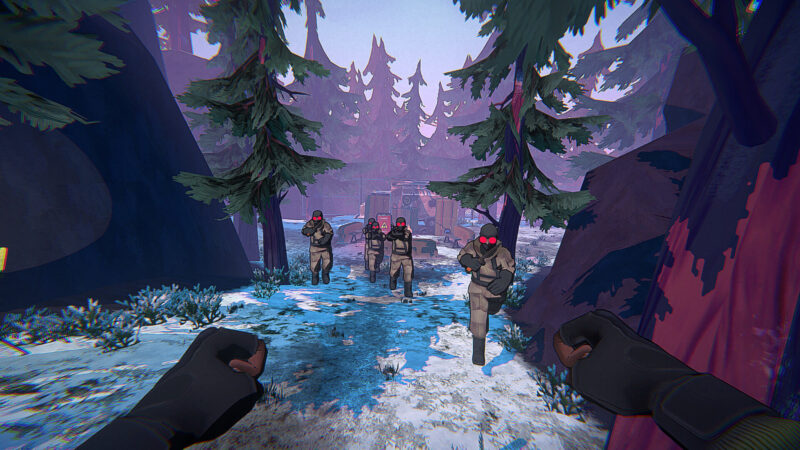
I Am Your Beast – I remain in awe of Xalavier Nelson Jr.’s range. This is my Hotline Miami 3.
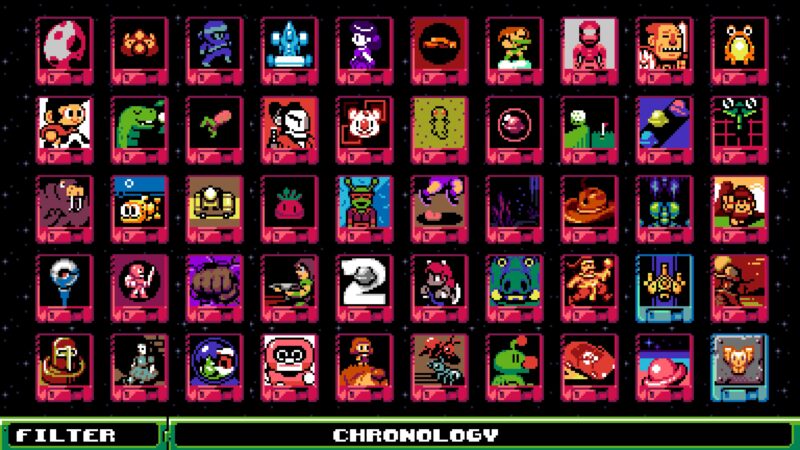
UFO 50 – not the lowest of profile releases, but having been stuck in development for years, flew under the radar more than I thought. A collective of the best indie devs make a fake console and knock out 50 unique games. I played nothing else for the two days that we lived at the airport trying to get home in October.

Nodebuster – I pretty much always have an incremental or idle game in progress to fall back on. Nodebuster was the one of those I enjoyed the most this year.

Up To Par – I am a sucker for rogulikes and a big fan of mini-golf, so roguelike mini-golf was always going to speak to me. Still being refined (the progression can be a little rough), but does what it says on the tin.
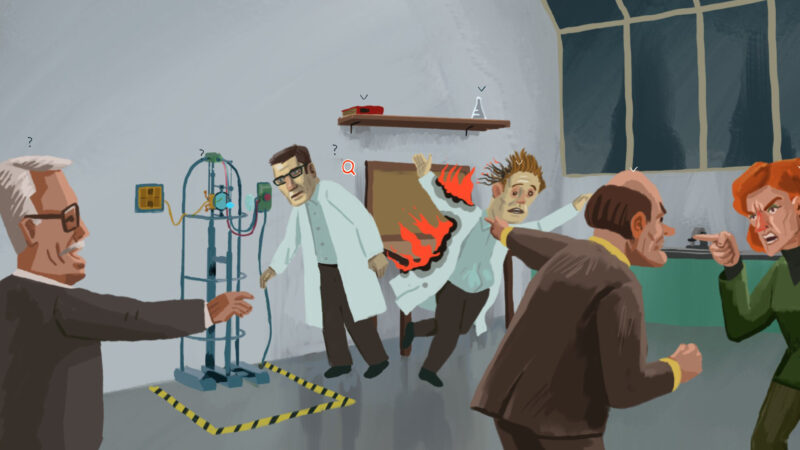
The Rise of the Golden Idol – a great sequel to 2022’s The Case of the Golden Idol, and quite a bit more accessible and enjoyable all around. Really looking forward to the DLC.
